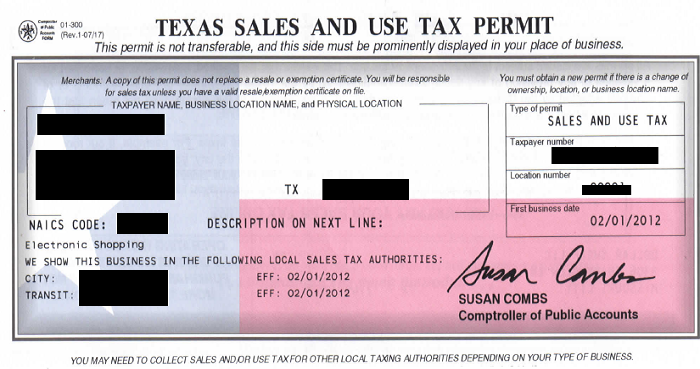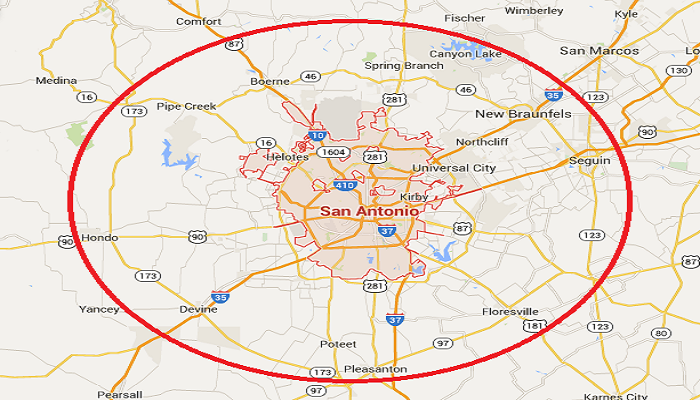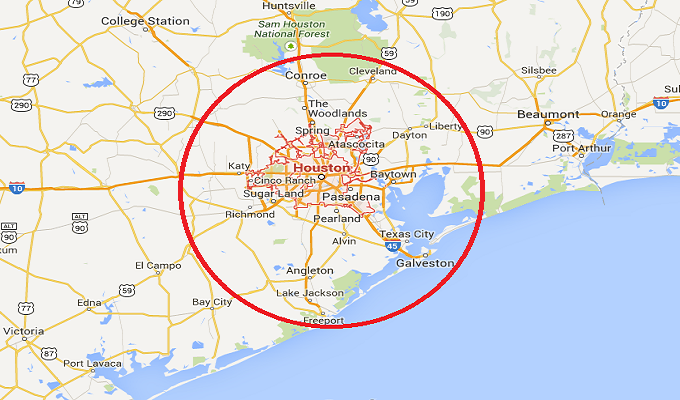When businesses sell items professionally in most states, they're required to charge a certain amount of sales tax. This tax is then owed to the local government, and it's paid as an operating cost of doing business. Depending on the job, other taxes might be applied as well, but you should always assume that any business that sells merchandise will need to collect sales tax to fulfill its liability to the government. Because Texas has sales tax, business owners must be prepared to collect and pay these taxes for any business operations completed in the state.
People who sell goods in Texas as part of their business are required to obtain a sales tax permit. This includes people who sell items from an office, warehouse, storage facility, flea market, trade show or other location. Essentially, any time buying and selling items becomes a full or part-time job, you'll need to get a sales tax permit. If you're just selling a handful of items on eBay a few times a year, you probably won't need to worry about sales tax; if you're making frequent sales, though, you should look into obtaining a sales tax permit.
Obtaining the permit itself is quite easy. You simply need to go online and submit the form at http://www.window.state.tx.us/taxpermit/. If you would prefer, you can also call 1-800-252-5555 for an application. There are no fees associated with the permit itself, but you might need to post a security bond of up to four times the amount of the expected monthly owed tax. The purpose of this bond is to cover delinquent fees if you fail to pay your due share of sales taxes. Not everyone who applies will need to post this bond, so it's something you'll need to discuss with the state and plan around accordingly.
Once you've obtained your permit, you're required to post that permit at your place of business. You must then collect sales tax and keep records of all of your purchases so that you can report and pay your taxes on time. You can be audited at any time, so keeping good records is a vital part of maintaining your business. It's usually a good idea to keep at least four years of tax records available at all times so you can avoid hassles when you get audited.
Between business licenses, sales tax, business or self-employment taxes and other operating costs, running your own business can be expensive. This is why it's a good idea to test the waters with any buying and selling venture before you jump in with both feet. Easing yourself into a new retail business will help keep you from getting overwhelmed.









